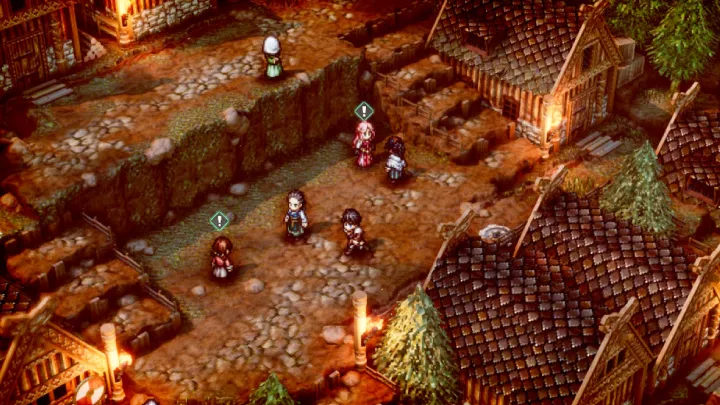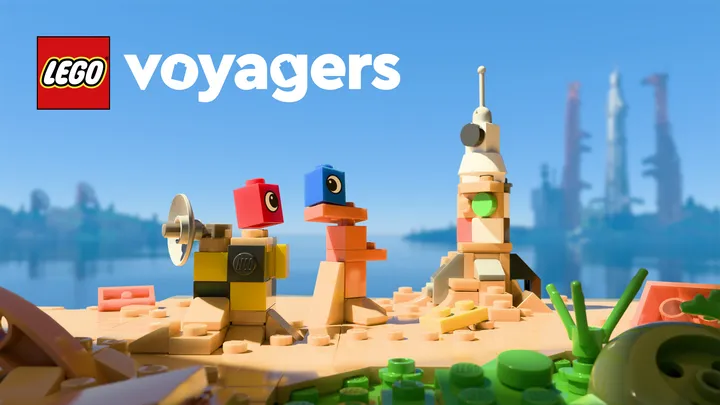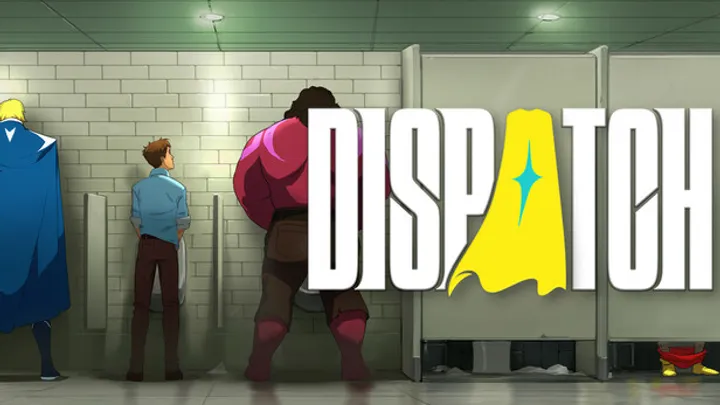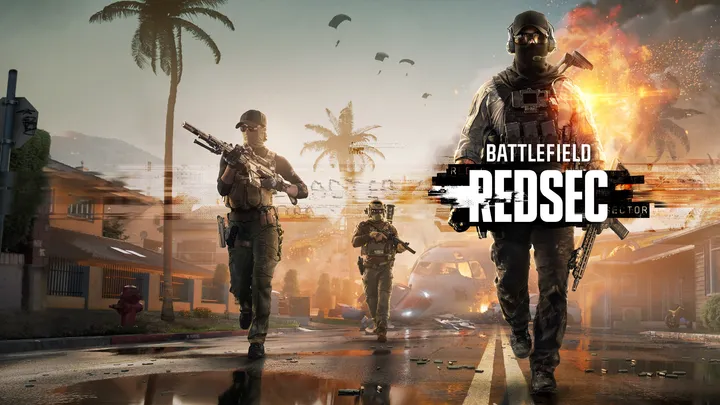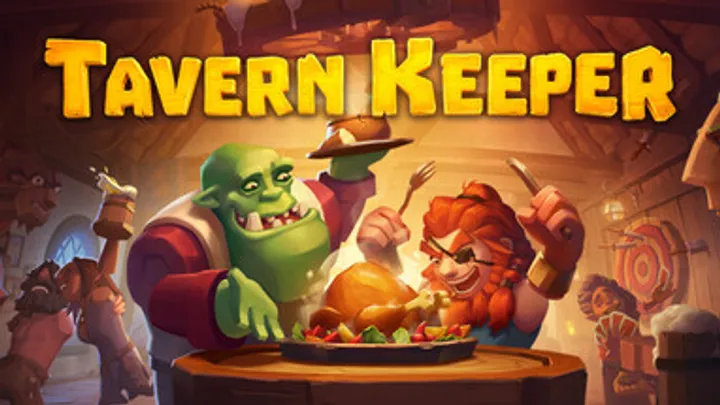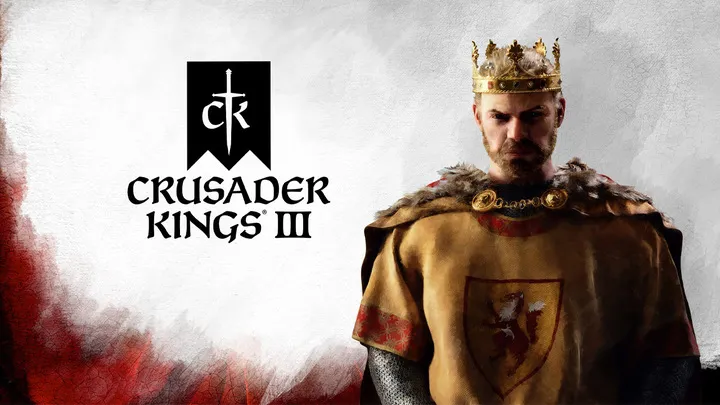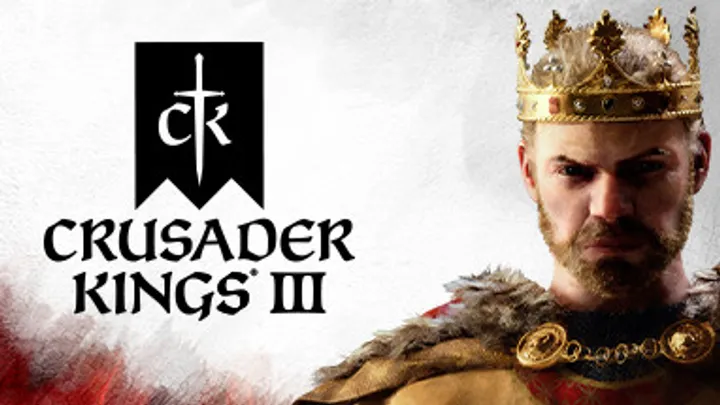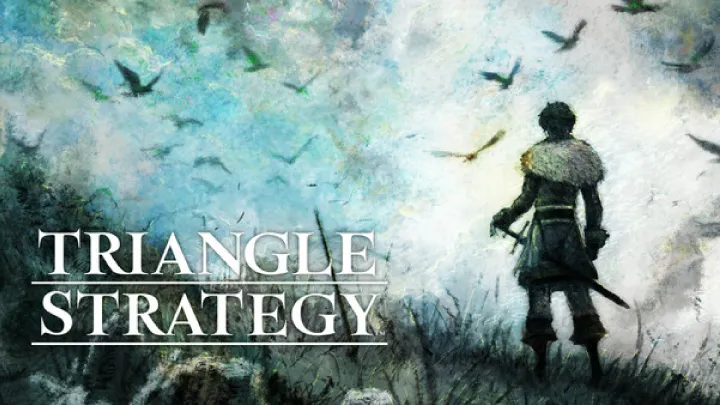
Introduction
Triangle Strategy, developed by Square Enix and Artdink, epitomizes the tactical role-playing genre by capturing the intricacies of decision-making within a beautifully rendered, medieval-inspired world. Set in the land of Norzelia, players navigate political intrigue, moral dilemmas, and the consequences of their choices. Central to the game's experience is its unique "conviction" system, which affects not just immediate outcomes but also the course of the story itself. However, this very mechanic introduces a rich tapestry of issues surrounding the concept of choice, posing a question: does the weight of moral decision-making enhance the narrative or muddle the player's engagement? This article delves deeply into the complexity of choice in Triangle Strategy, examining its impact on gameplay, narrative coherence, and player experience.
The Foundation of Decision-Making in Tactical RPGs
Historical Context of Tactical RPGs
Tactical role-playing games have long captivated players by offering strategic depth combined with rich storytelling. Unlike traditional RPGs focused on exploration and combat, tactical RPGs emphasize grid-based movement and strategy, often incorporating elements of character development and moral choices. Early examples like Final Fantasy Tactics and Fire Emblem laid the groundwork for the genre, establishing a precedent where player choices held significant narrative weight.
The Evolution of Choices
In Triangle Strategy, the evolution of player choice has reached a peak where decisions transcend mere tactical outcomes in battle, significantly affecting the narrative trajectory. The game crafts an intricate web of cause and effect, where every choice comes layered with moral implications and social consequences. This complexity enriches player engagement but also invites scrutiny regarding whether it enhances or complicates the gameplay experience.
Introducing Convictions
At the heart of Triangle Strategy is the conviction system, which serves as a mechanism for assessing the player's values—Utility, Morality, and Freedom. As players progress, their decisions in pivotal moments shape their convictions and ultimately determine the game's multiple endings. This system introduces an intriguing dynamic, where players navigate not only tactical encounters but also ethical landscapes that could lead to vastly different outcomes.
The Role of Choice in Narrative Engagement
Choices with Consequences
In Triangle Strategy, choices are not merely cosmetic; they significantly impact character development, story arcs, and relationships. During key moments, players must deliberate extensively, weighing their options and considering potential repercussions. Such moments prompt players to reflect on their values, compelling them to make choices that align with their beliefs—even if those choices lead to uncomfortable outcomes.
Character Dynamics and Relationships
The decisions players make affect not only the protagonist but also allies and antagonists. Characters' trust and relationships can shift dramatically based on the player's revelations. In one scenario, choosing to act in the interest of utility might lead to the betrayal of a loyal ally, creating tension that resonates throughout the narrative. This complexity heightens engagement, as players become invested in seeing how their decisions unfold.
Emotional Stakes
- Personal Relationships: Characters often react emotionally to decisions, fostering a connection between players and the narrative.
- Moral Dilemmas: Players are confronted with difficult choices that compel them to weigh their principles against the greater good.
- Dynamic Endings: The branching storylines created by player decisions introduce emotional weight, encouraging multiple playthroughs to explore all possible outcomes.
The Fragility of Narrative Cohesion
However, this system raises concerns about narrative cohesion. With numerous branching paths, some players may feel that the narrative’s focus can become diluted or convoluted. Several side stories may not receive sufficient development, leading to a sense of unfulfillment as players encounter scenarios that feel rushed or under-explained.
The Complexity of the Conviction System
Understanding Convictions
The conviction system categorizes player choices into three distinct paths—Utility, Morality, and Freedom. This categorization allows players to tailor their gameplay experience and philosophical considerations, encouraging them to challenge their values throughout the game.
The Weight of Each Conviction
- Utility focuses on pragmatism, prioritizing results over ethics. Decisions driven by utility might lead to effective outcomes but can result in moral compromises.
- Morality emphasizes ethical considerations, prioritizing the well-being of others. Players leaning toward morality often encounter dilemmas that challenge their beliefs, leading to personal conflict.
- Freedom embodies personal choice, valuing autonomy over anything else. This path allows space for individuality but may challenge collective welfare and social order.
Balancing Convictions
The challenge lies in balancing these convictions and ensuring that players feel genuinely challenged by their choices. Players who favor one conviction may find situations arise that test their chosen path. However, this could lead to confusion when outcomes diverge based on seemingly minor decisions.
Implications on Gameplay
The conviction system also influences gameplay mechanics, after battles, as players reflect on their choices. The resulting score on a conviction scale prompts players to evaluate their decisions as they lead to different storylines.
The Impact of Consequences on Gameplay
Tactical Decisions
Choices influence not only narrative arcs but also tactical strategies. The game's leveling system means that players often find themselves needing to adapt their tactics based on how their convictions shape party dynamics. Characters aligned with certain convictions may excel or struggle in specific scenarios.
Character Development and Skill Progression
The skills and abilities of characters evolve alongside the players’ convictions. For instance, characters that share a player’s convictions may gain unique abilities, creating a vested interest in pursuing certain pathways. Consequently, some players may be incentivized to repeat chapters to explore alternate strategies.
Skill Diversity
- Base Stats: Characters may see shifts in their effectiveness based on decisions made throughout the game.
- Ability Unlocks: Players align their teams based on conviction-related skills, enhancing tactical strategy while navigating the narrative.
- Choice Repercussions: The tactical consequences of decisions may prompt players to rethink character builds and alignments, complicating engagements.
The Struggle for Adaptability
While the connection between narrative and gameplay is compelling, the complex requirements of adapting strategies in real-time can lead to frustration. Players may struggle to balance character relationships with tactical needs, particularly when they relate to choices made earlier in their journey.
The Emotional Engagement of Choices
Immersion through Emotional Stakes
One of the most compelling aspects of Triangle Strategy is how emotional stakes are woven into gameplay and decision-making. When faced with choices that weigh personal relationships against the greater good, players feel a profound connection to the story.
Narrative Consequences
Choices carry significant narrative weight, ensuring players reflect on their motivations and their effects on the world around them. When characters react to decisions with heart and depth, the emotional engagement heightens, compelling players to invest their feelings into their alliances and choices.
Building Emotional Resonance
- Loyalty vs. Morality: Faced with decisions that may result in betrayal or the loss of friends, players are emotionally invested in outcomes.
- Complex Characters: Characters with layered personalities evoke empathy, allowing players to relate to their struggles and motivations.
- Consequential Storytelling: Each choice delineates the intricacies of human emotion—in essence, the narrative unfolds as a web of interconnected human experiences.
Potential for Emotional Disconnection
Yet, too many layered choices may inadvertently lead players to disengage emotionally. Building toward an emotionally charged moment requires careful pacing; otherwise, overcomplexity can lead to dilution rather than intensity.
Managing the Complexity of Choices
Player Agency
The freedom to make moral choices grants players significant agency, allowing them to craft their narrative experience. However, while agency can empower players, it can also overwhelm them. Choices may surface too frequently for players to connect deeply with each one, potentially leading to fatigue.
Focused Choices
Developers need to balance choice density with the ability to reflect on those choices. By introducing ‘moments of pause’—periods where players are encouraged to assess their previous choices before facing new challenges—players may have a chance to evaluate their beliefs and the consequences forming around them.
Concrete Examples of Choices
To reinforce player agency, the game could also provide clearer prompts during key decision points, giving it more weight. Some suggestions include:
- Contextual Reminders: Summaries of previous choices could be offered before pivotal moments, reconnecting players with earlier narratives.
- Character Reactions: Highlighting character responses as a reflection of player choices can deepen connections and reinforce emotional stakes.
- Comprehensive Feedback: Offering a clear breakdown of potential consequences before choices can alleviate feelings of overwhelm.
The Call for Balance
Ultimately, careful monitoring of choice dynamics and emotional engagement will benefit the overall player experience. Knowing when to offer choices as a means of agency while allowing time for reflection is crucial.
Community Reception and Impact on Future Titles
Diverse Player Experiences
Upon its release, Triangle Strategy garnered a mix of accolades and criticism. Many praised its storytelling and tactical depth while others noted frustrations with the conviction system's complexity. Understanding player perspectives is crucial for the game’s evolution and the crafting of future titles.
Engaging with Player Feedback
Sloclap has established a reputation for valuing community feedback. By tracking reactions to the conviction system, they can respond to areas where players feel overwhelmed or uncertain. Engaging players in conversations about the nature of choice can lead to significant enhancements in future installments.
Impact on Future Titles
- Iterative Development: An increased emphasis on player feedback can contribute to a more nuanced system of choice in future projects.
- Heightened Accessibility: Ensuring that complexity does not hinder accessibility can open the player base to a wider audience.
- Enhanced Narrative Continuity: Navigating player experiences effectively supports the development of a more engaging story, reinforcing community ties.
Building a Narrative Legacy
By fostering strong community ties and responding to player experiences, the next iterations of Triangle Strategy can enhance not just gameplay but also narrative quality. Attuning to player desires will cultivate deep-seated engagement while enriching the game’s legacy.
Conclusion
Triangle Strategy stands as a compelling addition to the tactical RPG landscape, uniquely blending choice, consequence, and emotional resonance. Though the conviction system presents an innovative approach to storytelling, it also introduces challenges that must be addressed for fragmented players experiencing narrative fatigue.
Elegantly navigating the fine line between player agency and emotional engagement is essential for maximizing the experience. By embracing feedback and striving toward accessible complexity, Triangle Strategy can continue to evolve, offering players enriching storylines that resonate deeply while creating memorable gaming moments.